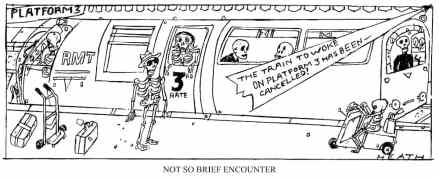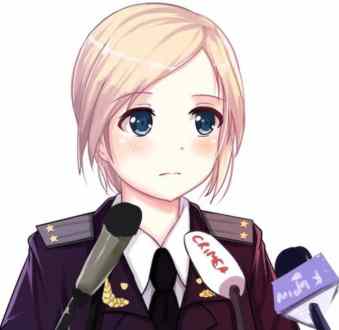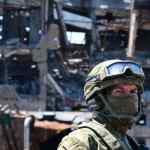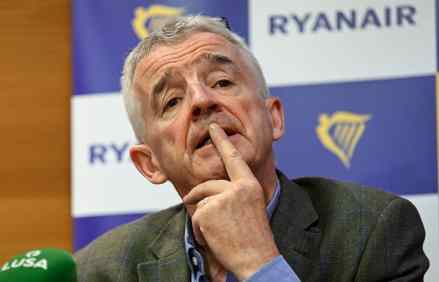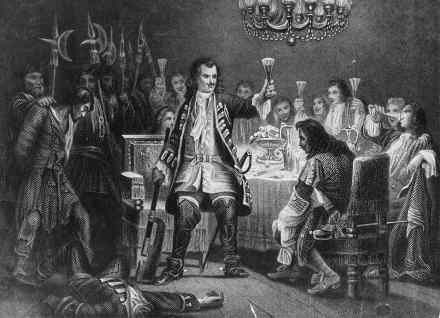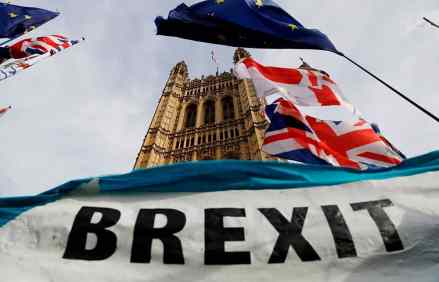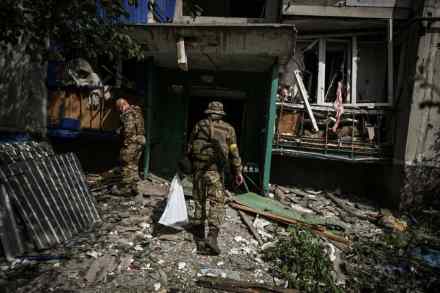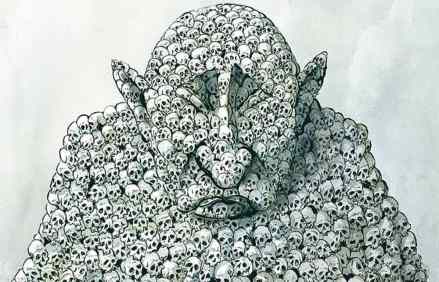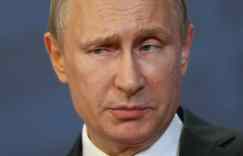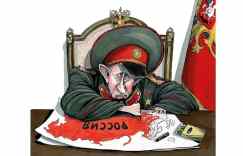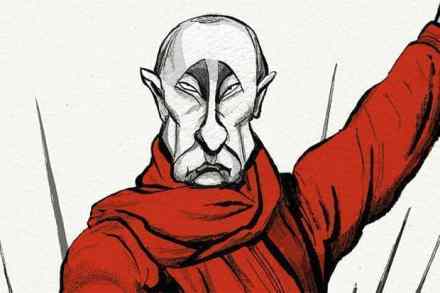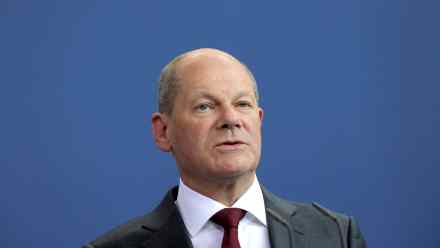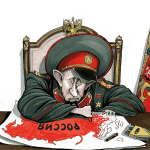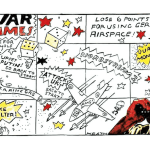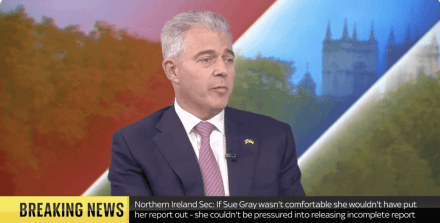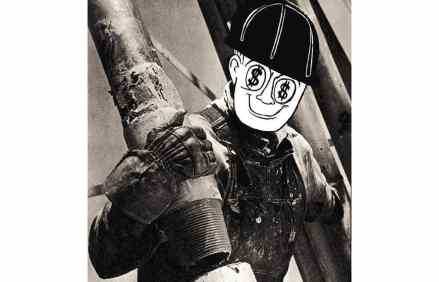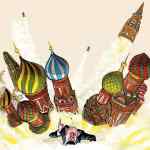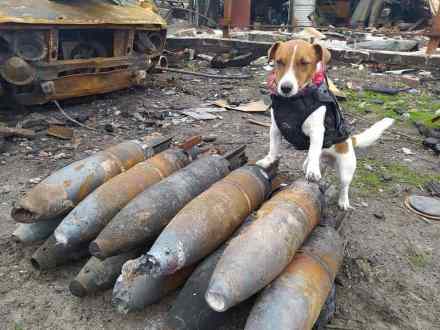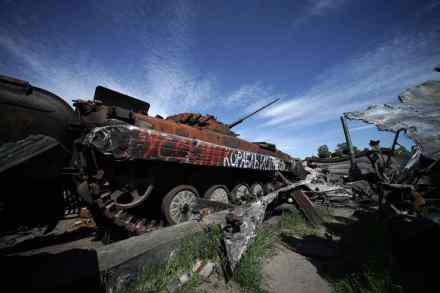Portrait of the week: Rail strikes, rates rise and a record-breaking stingray
Home A rail strike on three alternate days, bringing the system to a standstill for a week, was organised by the Rail, Maritime and Transport workers’ union. On the first day, the London Underground came out too. Tram drivers in south London arranged a strike of their own. Sir Keir Starmer, the Labour leader, instructed his frontbenchers not to join strikers’ picket lines, but some did. EasyJet announced plans to cut 7 per cent of its 160,000 flights scheduled between July and September after Gatwick, easyJet’s main airport, said it would reduce the number of flights taking off. Flights carrying up to 5,000 passengers were cancelled at Heathrow airport on
